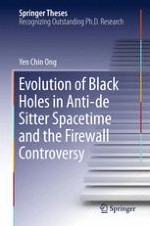2016 | OriginalPaper | Buchkapitel
13. Thinking through Space: Toronto’s Chinatowns in Chinese Canadian Fiction
verfasst von : Jennifer Junwa Lau
Erschienen in: Facing China as a New Global Superpower
Verlag: Springer Singapore
Aktivieren Sie unsere intelligente Suche, um passende Fachinhalte oder Patente zu finden.
Wählen Sie Textabschnitte aus um mit Künstlicher Intelligenz passenden Patente zu finden. powered by
Markieren Sie Textabschnitte, um KI-gestützt weitere passende Inhalte zu finden. powered by
